I’ve had my XPS 15 for three full days now. Have I formed an opinion on it? What are the pros and cons of this machine? Is it worth the money? Before I answer those, I should circle back around and provide some more details on my use case for the XPS 15.
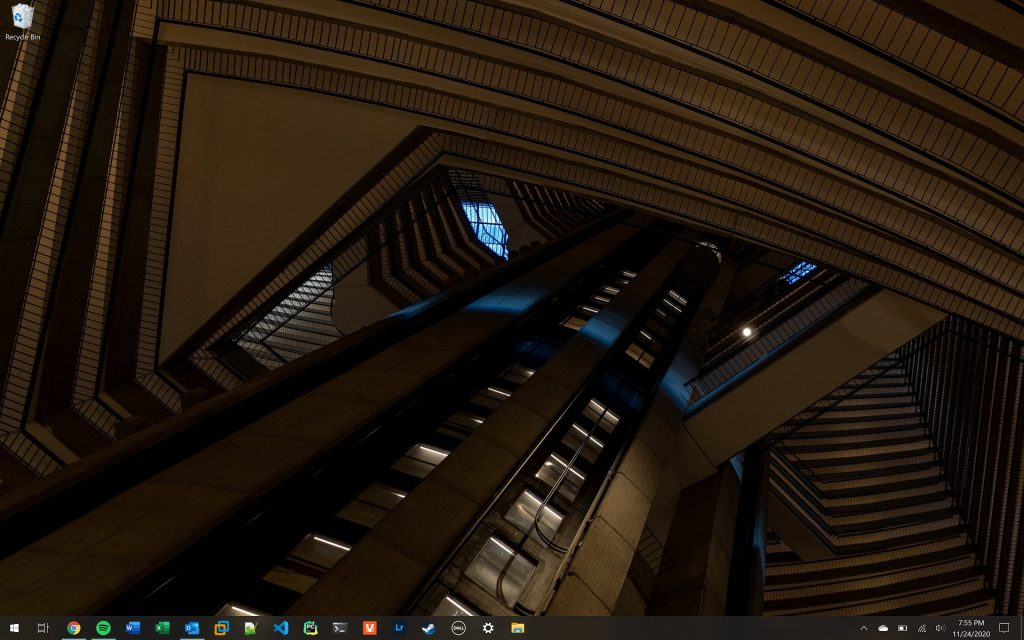
Use Case & Goals
My intention is to replace two computers: My aging MacBook Pro and my gaming desktop. At first glance, that sounds like a near impossible task. I’m getting rid of macOS in favor of Windows and I’m reducing raw computing power. This is true. Nothing comes without compromise. The goal is to get close enough while reducing the amount of e-stuff I own. In the case of the MBP, my work issued me a 2019 MacBook Pro so I still get to use macOS when needed (thus having a second, personal Mac seems redundant). On the desktop front, I don’t play AAA games often anymore so the desktop has mostly become a test bench for VMs and Kubernetes. The desktop sits idle a lot of the time, wasting electricity (though it DOES do a lot of good for World Community Grid).

With all that said, let’s get into the XPS 15!
Benchmarks
Let’s get the numbers out of the way first. I chose to benchmark all three systems with Geekbench 5.3.1. For the XPS and my desktop PC, I also collected 3DMark benchmarks.
XPS 15 Specs: i7-10875H / 32 GB DDR4 / 1TB SSD / GTX 1650 Ti 4GB
MacBook Pro Specs: i7-6700HQ / 16 GB DDR3 / 250GB SSD / Radeon Pro 450 2GB
Desktop Specs: AMD Ryzen 2700x / 32GB DDR4 / 512GB SSD / Vega 56 8GB
| Benchmark | XPS 15 (9500) | MacBook Pro 15″ | Desktop |
| GB 5.3 Single Core | 1267 | 728 | 1049 |
| GB 5.3 Multicore | 7918 | 3016 | 7348 |
| GB 5.3 OpenCL | 44346 | 10624 | 76454 |
| Time Spy Overall | 3577 | n/a | 6657 |
| Time Spy GPU | 3408 | n/a | 6419 |
| Time Spy CPU | 4987 | n/a | 8430 |
| Max Temps (CPU / GPU) | 93C / 77C | n/a | 68C / 72C |
The take away is this: I’m losing about 50% of my GPU performance vs the Desktop, CPU performance stays in the same ball park, and I’m gaining substantially over the Mac, especially as it pertains to GPU performance. None of this is a shock, really. The only thing I want to call out is this: Intel has struggled for years to get their CPUs manufactured with a smaller feature size out the door and it shows. This is a mid-spec mobile 6th gen (4c/8t) vs high-spec mobile 10th gen (8c/16t) CPU and performance is in the same ballpark per thread.
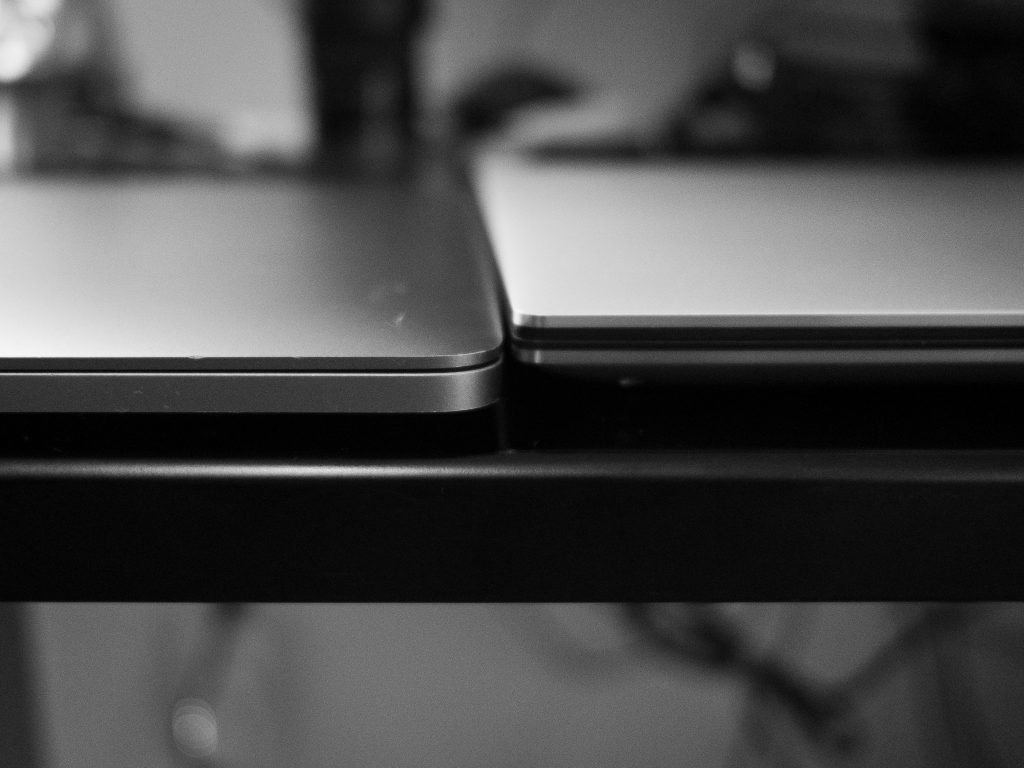
Pros
- Screen is beautiful. Once you use the XPS 15, the MacBook Pro (both the 15” and the 16”) bezels look chunky and old school.
- The touchpad is fantastic. I find it a better and more accurate experience. The click isn’t quite as nice as the MacBook’s haptic feedback but it’s by no means bad.
- Battery life is great
- Compact. This really is a diminutive 15” notebook.
- SD Card reader. As a photobug, this is such a plus.
- Can game on it, since it’s Windows and brings a powerful GPU to the table.
- Keyboard is better than the 2016 MBP. What a train wreck the butterfly mechanism turned out to be…
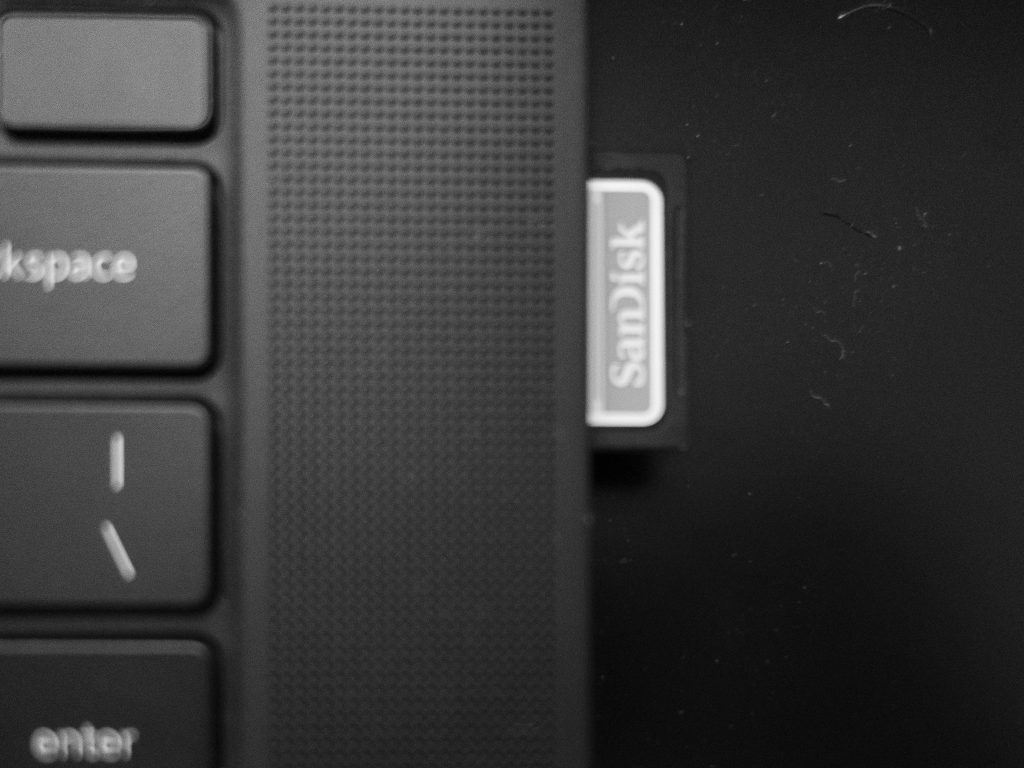
Cons
- WSL2 is just not as convenient as native support that macOS and Linux enjoy for my development tools and workflows.
- Speakers aren’t as good. No laptop speakers can beat the MBP so you just gotta deal with it. NOTE: This post on /r/dell helped.
- Windows lacks some of the polish of macOS. I was a long time Windows user but after getting used to macOS in the past few years, you start to feel all the little gaps in Windows that the macOS folks nailed.
- This machine is HEAVY. It weighs 4.5lbs while my 15” MBP comes in at 3.9lbs. While that doesn’t sound like much, you notice it because more because of the smaller footprint of the XPS. NOTE: My 2019 MBP weighs 4.3lbs.
- Screen is too bright in low light situations. It’s borderline blinding when used in bed at night. NOTE: You can resolve this via Dell PremierColor and/or by switching to f.lux. See this /r/dell post.
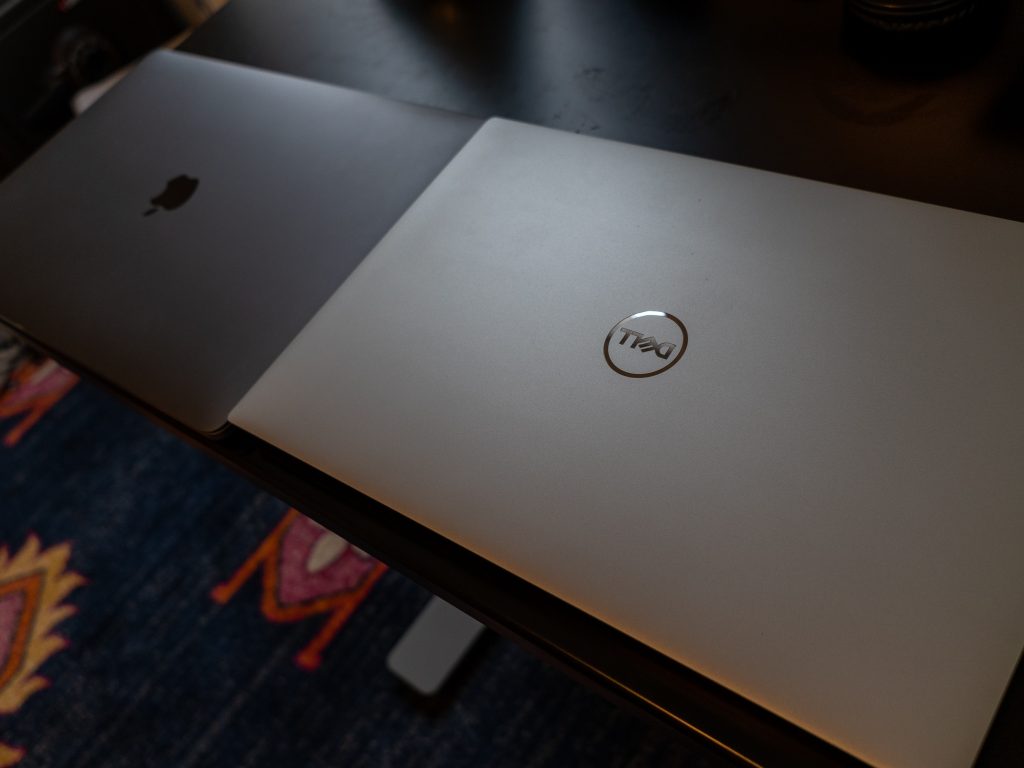
Value
Value is subjective. If you want a powerhouse of a machine, look elsewhere. Get a gaming laptop. If you want the closest thing the PC world has office to the build quality of a MacBook Pro, look no further. The closest spec I can build on Apples website is $3200 and as spec’d, this machine is $2550 from Dell.com right now. $650 buys a lot of dongles, yo.
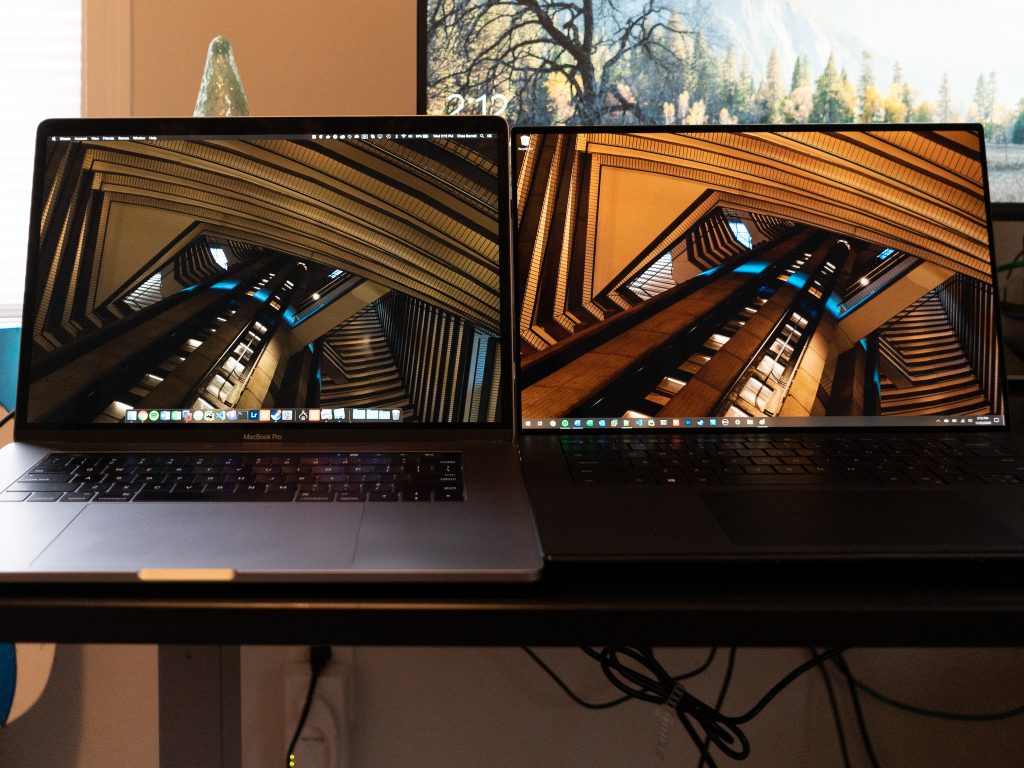
Final Thoughts
If you want a Windows machine with near Mac levels of build quality and mobile workstation performance, this is your horse. If gaming is important and you don’t mind the 16:9 aspect ratio, consider the HP Envy 15 which can be optioned with a GTX 2060 and comes with a more stout cooling solution, like the XPS 17. If you want old school cool, get the Lenovo X1 Extreme. If you want macOS, get an Intel Mac while you still can.